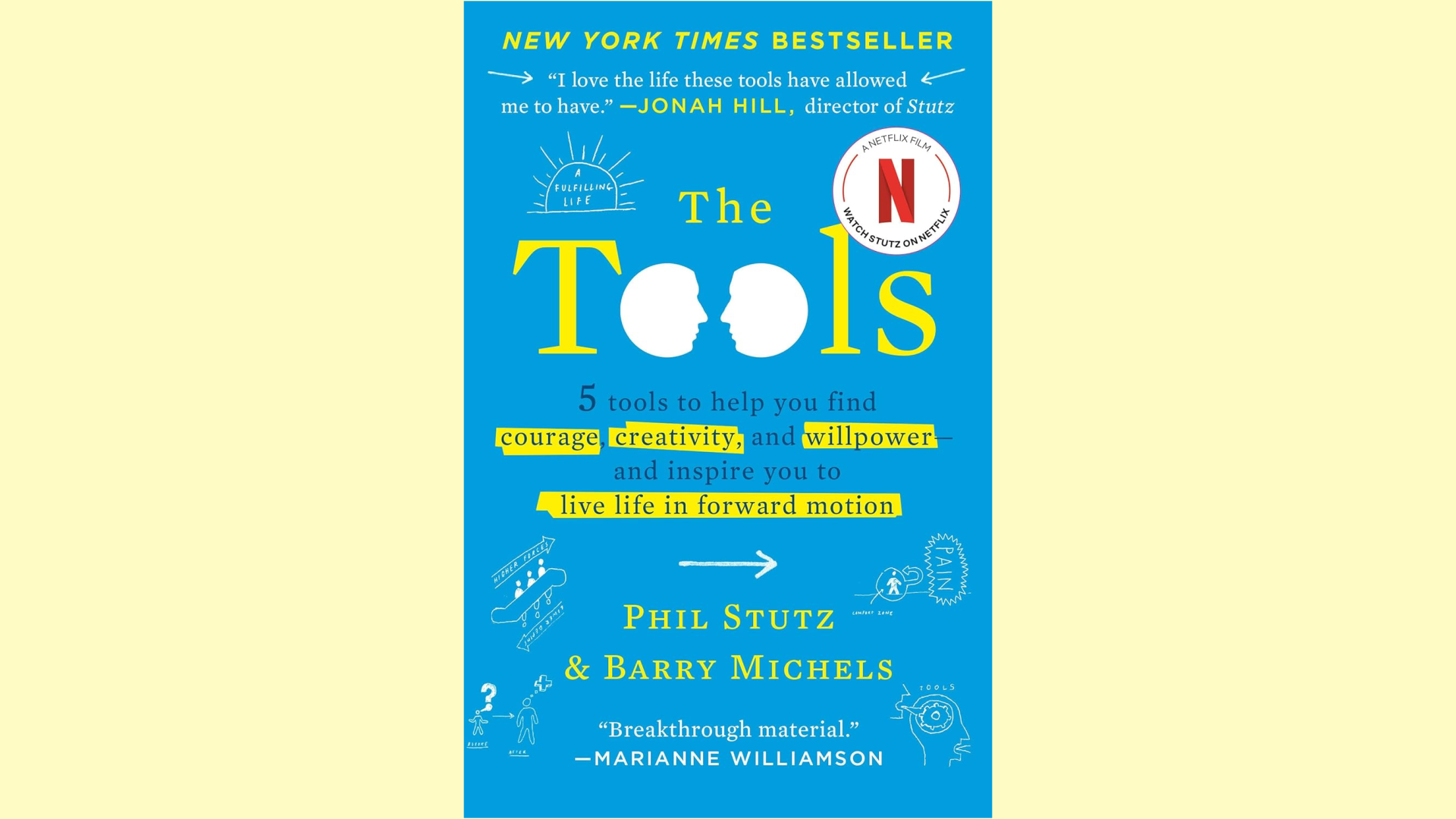Summary: The Tools by Phil Stutz and Barry Michels

In The Tools, Phil Stutz and Barry Michels present a unique framework for personal growth that blends psychology with practical exercises. These five tools help individuals overcome mental barriers, deal with negative emotions, and unlock their full potential. By adopting this approach, anyone can cultivate more positive habits, build emotional resilience, and face life’s challenges head-on.
Reversal of Desire: Turning Fear into Strength
Fear often holds us back from pursuing our actual goals. Whether it’s fear of failure, rejection, or even success, it creates an invisible wall. Stutz and Michels suggest that rather than avoiding fear, we must embrace it. This tool, known as the “Reversal of Desire,” flips our instinct to escape discomfort. By visualizing ourselves walking through fear, we transform it into a power source. This process strengthens the will, turning obstacles into opportunities for growth.
“The key is not to avoid your fears but to face them head-on. You must experience the pain instead of dodging it.”
Active Love: From Resentment to Compassion
Negative emotions like anger and resentment are poisonous, corroding our emotional well-being. The Tools teach us how to replace these emotions with love. When you feel anger rising, the “Active Love” tool can help you picture love flowing out from within and directing it toward the person or situation causing you distress. This practice isn’t about excusing behavior or letting others off the hook; it’s about releasing yourself from the burden of carrying hatred.
“Active Love is a force you generate from within; it clears the toxins of resentment, making room for healing.”
Inner Authority: Building Unshakable Confidence
Building solid inner confidence is crucial in a world where external validation is often sought. Inner Authority helps you detach from the judgments of others, guiding you toward finding strength within yourself. This tool allows you access to your own “inner voice” that overrides insecurity and doubt, enabling you to act with conviction regardless of external pressures.
Grateful Flow: Rewiring the Brain for Positivity
Negative thinking can spiral out of control, dragging us down emotionally. The Grateful Flow tool teaches us that the antidote to this is gratitude. When you actively focus on what you’re thankful for, the mind is redirected, leading to a decisive shift in energy. This simple yet effective practice helps break the habit of ruminating over problems and cultivates peace and contentment.
“Gratitude isn’t passive—it’s a way of actively transforming the mind.”
Jeopardy: The Clock is Ticking
One of the most profound tools in the book is “Jeopardy,” which centers on the concept that time is finite. By visualizing the limited time you have to achieve your goals, this tool creates an urgency to act. Rather than succumbing to procrastination, you begin to see the necessity of taking immediate action, ensuring that your life aligns with your deepest desires and aspirations.
Practical Tool: A Step-by-Step Guide to Applying The Tools
1. Facing Your Fears (Reversal of Desire)
• Identify the source of your fear.
• Close your eyes and visualize yourself moving toward that fear as if it’s a dark cloud.
• Push through the cloud until you reach the other side, feeling empowered.
2. Transforming Resentment (Active Love)
• Recognize someone or something that triggers anger in you.
• Close your eyes and envision love radiating from your heart toward them.
• Hold this visualization briefly, and release the negative energy.
3. Building Confidence (Inner Authority)
• Reflect on a situation where you feel judged or inadequate.
• Silence the external voices in your mind, and listen for your inner voice.
• Affirm your worth, reminding yourself you do not need external validation.
4. Practicing Gratitude (Grateful Flow)
• List five things you are genuinely thankful for in the present moment.
• Spend a few moments reflecting on each, allowing gratitude to grow.
• Notice how this shifts your mental state from negativity to positivity.
5. Creating Urgency (Jeopardy)
• Think of an important goal or dream you’ve been putting off.
• Visualize your life 5 or 10 years in the future if you don’t take action.
• Let this image create a sense of urgency, pushing you to act today.
Author Biographies
Phil Stutz is a psychiatrist with decades of experience in treating patients, particularly in helping individuals overcome mental and emotional blocks. He has a background in psychoanalysis and a career working with high-profile clients in Los Angeles. His approach blends traditional therapy with innovative tools aimed at fostering personal transformation.
Barry Michels is a psychotherapist who teaches clients to break through mental barriers and cultivate success. He graduated from the University of Chicago Law School before transitioning into psychology, where he earned his master’s degree in social work. His collaboration with Stutz has led to the development of The Tools, integrating spiritual and practical strategies for self-improvement.
